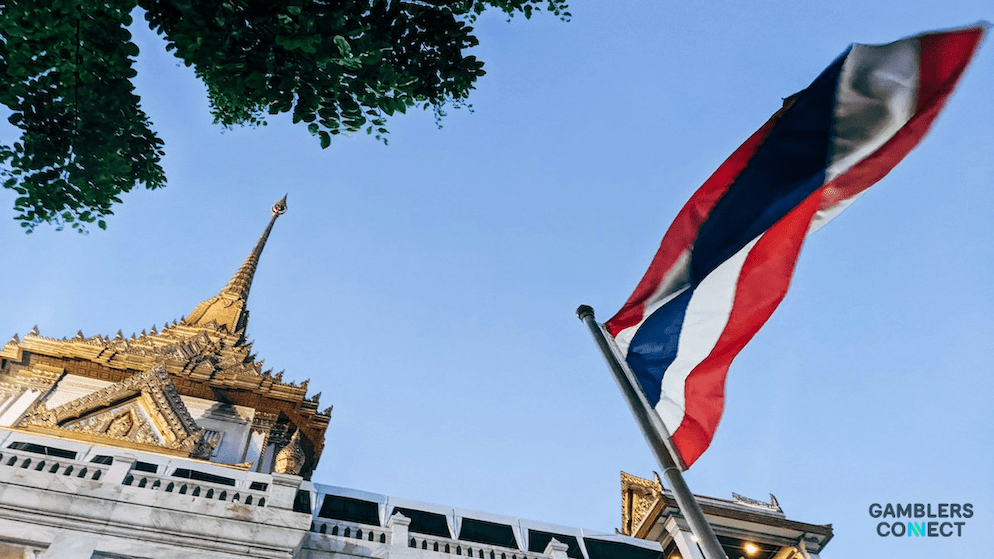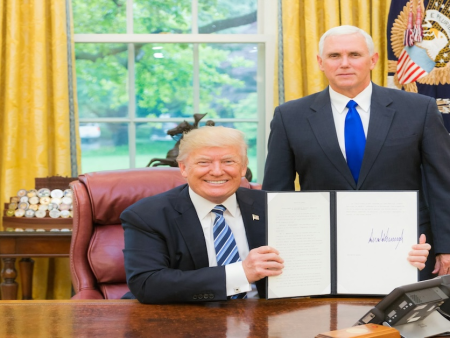
The Thai government’s ambitious plan to legalize casino gambling has been abruptly stopped, as officials confirmed the controversial “entertainment complex” bill will be withdrawn from parliament.
The decision follows a period of intensifying public opposition and is compounded by a deepening political crisis that has weakened the ruling coalition.
Government whip Visuth Chainaroon confirmed that a formal motion to withdraw the bill will be presented on July 9, the date it was initially set for parliamentary consideration, with cabinet approval of the plan expected this week.
The landmark legislation sought to authorize the development of casinos within large-scale integrated resorts, a move seen by proponents as a critical step to capture billions in foreign investment, combat illegal gambling, and significantly boost Thailand’s vital tourism sector.
The economic potential had attracted keen interest from global gaming giants, including Galaxy Entertainment, MGM Resorts, Wynn Resorts, and Las Vegas Sands.
However, the bill faced a groundswell of public concern over its potential social consequences, including fears of rising problem gambling, money laundering, and other societal harms. The government had previously signalled it needed more time to address these issues.
The withdrawal occurs at a moment of acute political vulnerability for the government. The ruling coalition recently lost its parliamentary majority following the departure of the Bhumjaithai Party, which was openly opposed to the casino initiative.
The situation has been exacerbated by the suspension of Prime Minister Paetongtarn Shinawatra by the Constitutional Court over allegations of ethical misconduct.
While the government insists the move is a temporary pause to allow for greater public dialogue, the future of legalized casinos in Thailand now remains profoundly uncertain.





